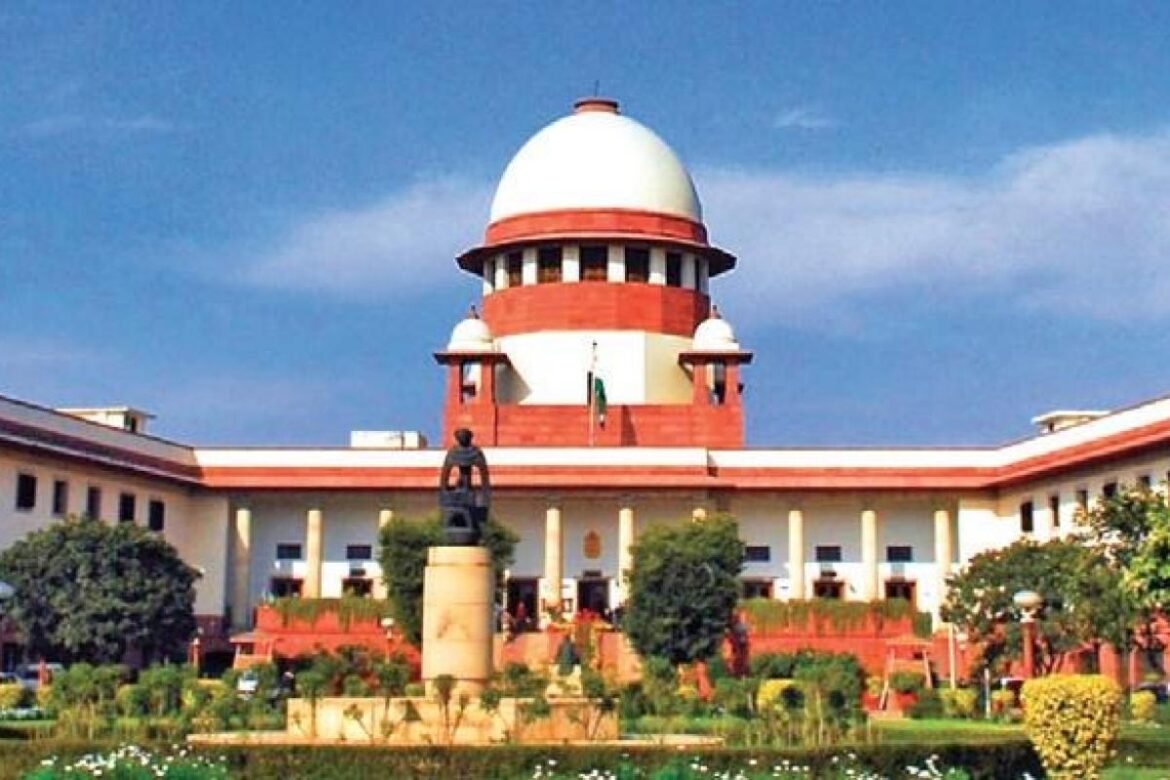The Supreme Court on Wednesday delivered a key verdict, clarifying that state governors cannot withhold bills passed for the second time by a state assembly from being sent to the President for consideration. The bench, headed by Chief Justice B.R. Gavai, questioned the central government on the extent of governors’ powers in approving state legislation. The court emphasized that if a governor chooses to return a bill for reconsideration by the assembly, there is no provision to retain it indefinitely or prevent it from reaching the President.
The judgment followed a petition challenging the discretionary powers of governors, which, according to the petitioners, could undermine elected governments. The Supreme Court observed that allowing governors to keep bills on hold without valid reasons would weaken governments chosen by the people and reduce the governor’s role to being subordinate to unelected officials. It stressed that elected governments should not be made to depend on governors who are not accountable to voters.
Solicitor General Tushar Mehta, representing the central government, explained that the powers and responsibilities of governors in approving bills were debated extensively during the Constituent Assembly. The court concluded that once a bill is approved twice in the state assembly, the governor has no authority to withhold it from being forwarded to the President, reinforcing the primacy of elected state governments in the legislative process.






